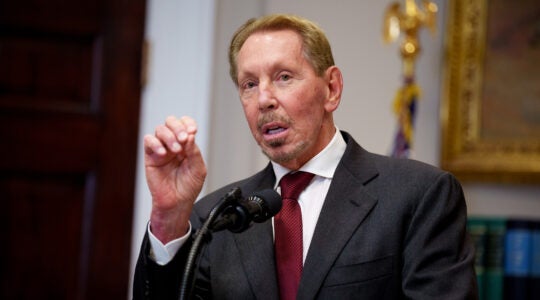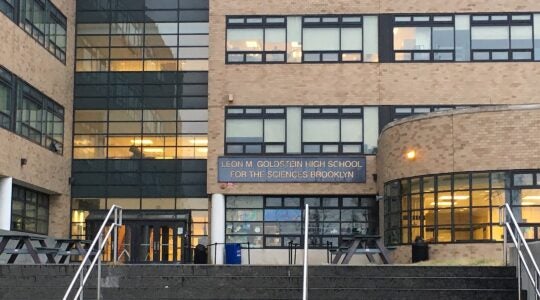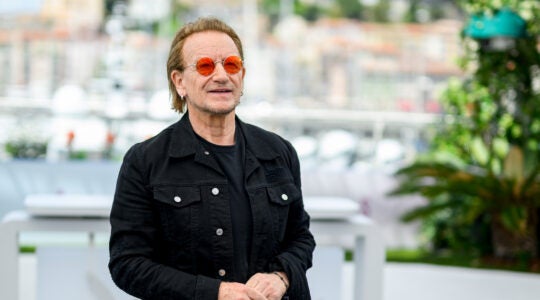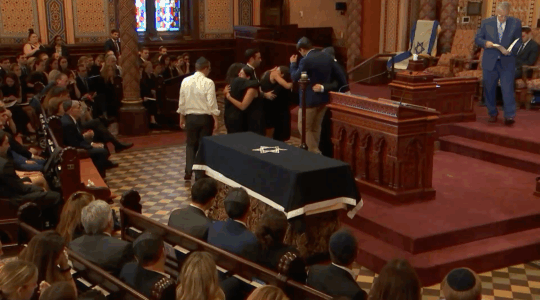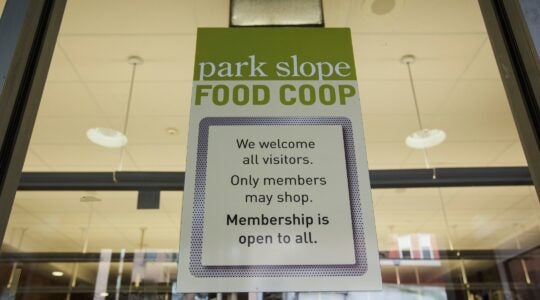Ukraine reportedly is close to resolving a dispute with Yad Vashem over the Holocaust memorial’s 2001 removal of Bruno Schultz frescoes from the country. Six years ago, without consulting Ukrainian government officials, Yad Vashem took wall frescoes in Drohobych, Ukraine, by Schultz, an artist and one of the most significant Polish Jewish writers of the early 20th century. Schultz’s hometown of Drohobych, part of the region of Galicia, was a Polish town prior to World War II. Ha’aretz quoted sources as saying that an agreement, in which Yad Vashem would recognize that the frescoes were Ukrainian property and were removed illegally, in exchange for leaving the frescoes on loan with Yad Vashem, is being strongly considered by both sides. Although Yad Vashem told Ha’aretz it knew nothing about the negotiations over the frescoes, the Ukranian Embassy’s spokesman told the Israeli daily that “fruitful” talks were ongoing. Also, the Ukrainian deputy minister of culture and tourism was at the museum recently to view the frescoes, which are kept in a basement storeroom. In 1941, the Gestapo chief in Drohobych had Schultz paint his children’s room with murals based on German folk tales. Schultz finished three works and was murdered along with the town’s other 230 Jews in 1942. The frescoes were discovered in 2001 in a state of disrepair, shortly after Yad Vashem paid an undisclosed sum to obtain the works from the current owner of the former Gestapo villa. The move outraged Polish and Ukrainian authorities.
JTA has documented Jewish history in real-time for over a century. Keep our journalism strong by joining us in supporting independent, award-winning reporting.
